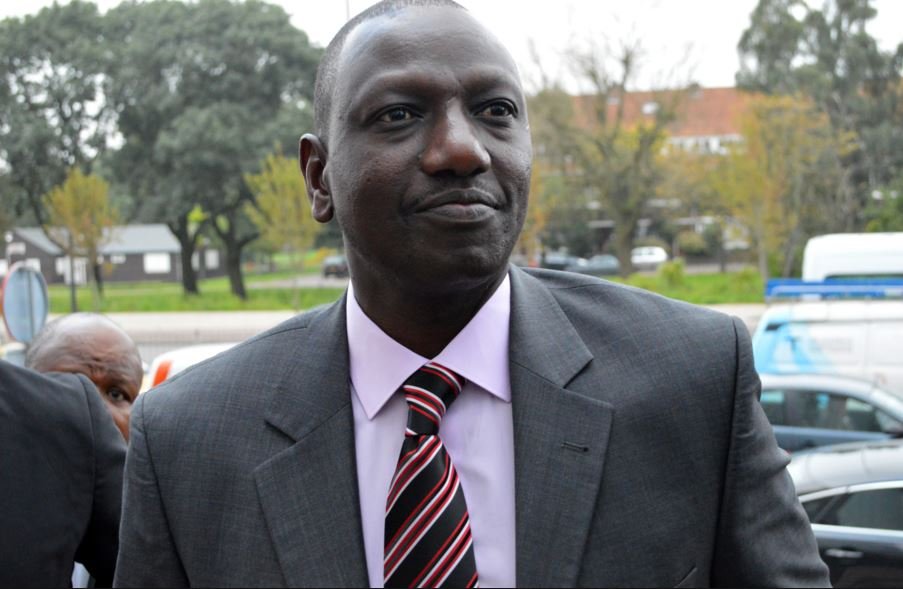President on top in Venezuela crisis talks
Here are five cards the socialist president holds to trump the opposition during the Vatican-backed talks over the economic and political crisis.
The two sides vowed in a declaration on Saturday to find a “democratic, peaceful” way out of the crisis, tackle food shortages and discuss electoral reform.
But Maduro rejected his rivals’ key demand for a vote on removing him before his term expires in 2019.
He has resisted pressure so far with the backing of the high court and electoral authorities, which the opposition says he controls.
“The MUD has been left in a very uncomfortable situation with regard to its voters, because the most essential issues are not mentioned” in Saturday’s declaration, said Benigno Alarcon, a political scientist at Andres Bello university.
To sit at the negotiating table, the opposition suspended its threat of street protests and a political trial against Maduro.
The move brought to the surface divisions in the opposition MUD coalition. Half of the 30 groups that make up the coalition have boycotted the talks.
“As far as appearances are concerned, the government clearly won this round by a knockout,” said Luis Vicente de Leon, head of polling firm Datanalisis.
“It managed to calm people, confirm its status as a negotiator with international involvement and accentuate the divisions in the opposition.”
Alarcon said Maduro had successfully played for time. Staging the talks has staved off pressure from the international community.
Members of the Organization of American States have talked about sanctioning Venezuela. But while the dialogue is under way, “no one will call for that,” Alarcon said.
Meanwhile, “the opposition finds itself in a difficult position given the fact that it is under immense pressure from the Vatican and international actors to continue talks,” the Eurasia Group consultancy said.
With Maduro blocking their drive for a vote, Alarcon judged that the opposition “are going to have no choice but to return to a strategy of street protests and legislative pressure,” which Maduro has so far resisted.
Eurasia judged that “the continuation of the dialogue bodes well for Maduro and reinforces our view that he will be able to remain in power until the end of his term, barring a more acute social explosion that brings masses to the streets.”
Confrontation in the streets is a high-risk strategy for the opposition, since Maduro has the public support of the military high command.
MUD secretary general Jesus Torrealba admitted on Monday that “when it comes to resorting to violence, (Maduro) is in control.”
The opposition blames Maduro’s economic policies and mismanagement for the crisis. He says it is a US-backed capitalist conspiracy.
Economic analysts have wondered whether the government will be toppled if it defaults on the billions of dollars of debt Venezuela owes to China and other foreign investors.
But last month PDVSA, the state firm that handles the oil exports on which the country relies, gained much-needed breathing room.
It restructured 39 percent of its debt in a bond swap.


